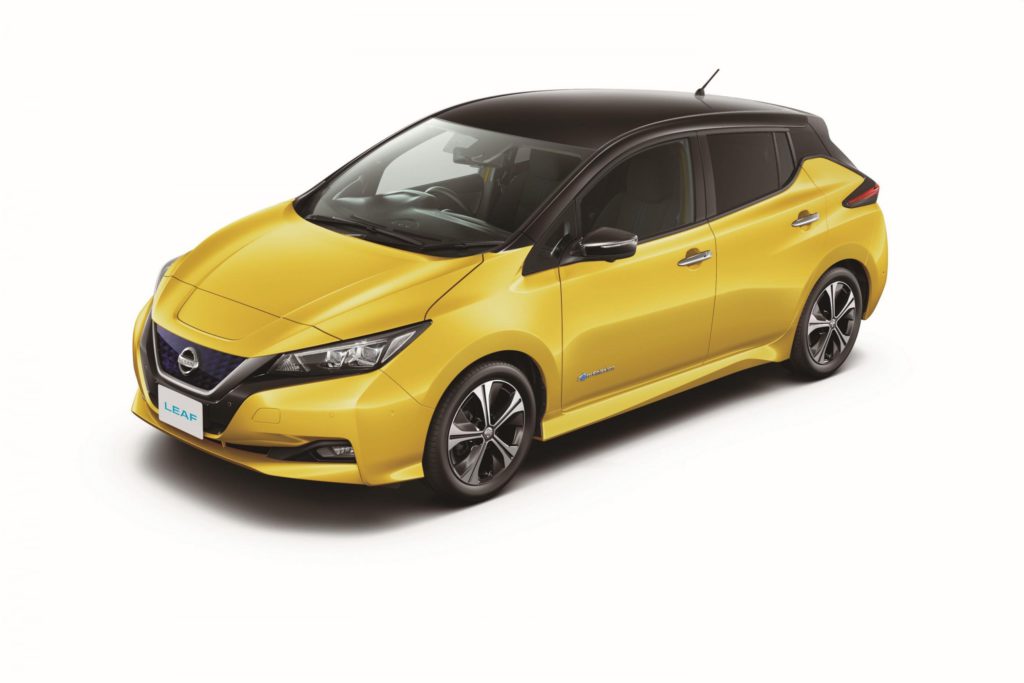Nissan supplies Uber with EVs for London operations
24 January 2020

24 January 2020
Nissan has announced a deal to supply Uber with its Leaf electric model for use in London, despite the ride-hailing provider fighting a ban in the city.
The Japanese carmaker will supply 2,000 Leaf cars to Uber drivers currently operating in the UK capital. The vehicles, built in the beleaguered Sunderland plant, can travel up to 168 miles on a single charge, with Nissan also providing a dedicated electric vehicle (EV) education programme, transaction price and marketing plan.
This deal will help to deliver Uber’s vision for every car on the app in the capital, around 45,000 drivers, to be fully electric from 2025.
Increasing demand
′Through innovation and collaboration, companies like Nissan and Uber can tackle the challenges of advancing personal urban mobility, while also improving air quality in our major cities,’ says Andrew Humberstone, managing director of Nissan GB. ′The Nissan Leaf is the perfect vehicle to support Uber’s ambition of a 100% electric fleet in London for 2025. Not only will passengers enjoy the quieter ride that comes from all-electric driving but cyclists, pedestrians and other road users will also benefit from the zero-emissions powertrain.’
′Our bold vision for London is for every driver on the Uber app to use an all-electric vehicle by 2025,’ adds Jamie Heywood, regional general manager for northern and eastern Europe, Uber. ′The partnership with Nissan is a hugely significant step towards meeting this goal. The mayor of London has shown strong leadership on measures relating to air quality, and we’re proud to support him in delivering his vision.’
To meet the increasing demand for electric vehicles in the capital, Transport for London (TfL) has installed more than 1,000 EV charge points in the last year alone. Conversely, central London has nearly half as many petrol stations per car as the Scottish Highlands, and only four remain within the congestion charge zone.
A recent review of London boroughs found that Westminster council had installed 375 public chargers by the end of August 2019 – more than any other local authority in the UK.
City ban
The deal comes as Uber is appealing a decision by TfL to revoke its licence to operate in the city. The authority made the decision as it found the provider was not ′fit and proper’ as a licence holder, despite having made several positive changes to its operations. Uber initially lost its licence in 2017 but was granted two extensions, the most recent of which expired on 24 November.
The appeal is ongoing and during this time, the service is allowed to operate in London. In an attempt to keep its licence after the temporary period, Uber has put certain safety measures in place. These include the option for passengers to send journey information to friends and relatives, plus the ability to track their movements, as well as introducing the option of calling emergency services directly from the app. Uber has also carried out more rigorous driver checks and made efforts to train drivers to alert them to hazardous surroundings, such as cycle lanes.